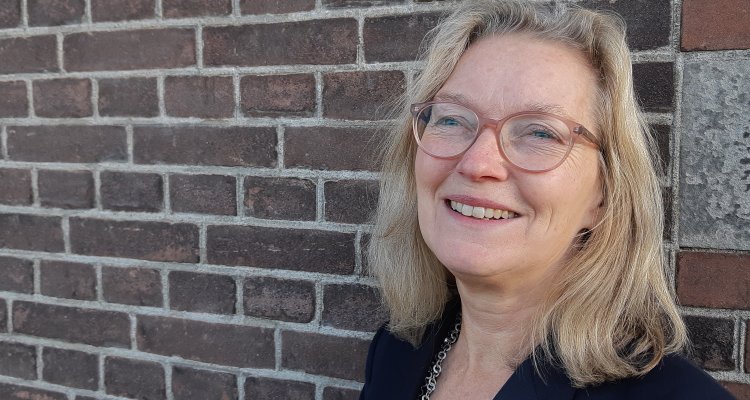
'We try to think from the data user's point of view as much as possible'
Joske Houtkamp is a Senior Researcher in the Applied Spatial Research (ASR) team. There, she works with all kinds of spatial data about our living environment, often related to nature and agriculture.
"At Applied Spatial Research (ASR), we work with all kinds of spatial data about our living environment, often related to nature and agriculture - we are, after all, a Wageningen team. We participate in monitoring the quality of this data, in making it usable and meaningful, for example when it is processed in models, and we have an important role in clearly presenting data and (geo)information. We do this with a diverse team; everyone has travelled their own journey to get precisely here. Our target groups are also diverse: from scientists to policymakers to citizens.
My own background is in Human-Computer Interaction, where the interaction between a user and a computer application is central. That fits well with this team. At ASR, we think as much as possible from the data user's point of view. We map out what they need and help tailor the information accordingly.
We often work on problems that are complex and need an integrated approach, such as biodiversity loss or sustainable agriculture. For policymakers, for example, the number of factors of such a problem is not easy to oversee. We help them formulate an answerable question and seek an answer, based on the available data, by making connections and combining other forms of knowledge.
After all, making data meaningful also means including interpretation. A good presentation also makes transparent where expert knowledge - qualitative data, you might say - should be leading. For example, we are involved in developing a so-called drought dashboard for the Limburg Water Board. You have stream systems in Limburg that can fall dry; it must be visible to managers where the greatest ecological risks then lie. We think it is important that the dashboard, in addition to information from measurements, also includes the conclusions of visual inspections. A measurement point tells only so much; the observations and assessments of experts who know the area themselves remain essential for determining a good solution.
So ASR scientists play a mediating role between all kinds of parties in ever new projects. Personally, I also see opportunities to transcend that project-based basis. The knowledge we gain in all those projects, can we connect it and make it more accessible? Can we monitor and evaluate our solutions? Synthesis, there are still many opportunities there."